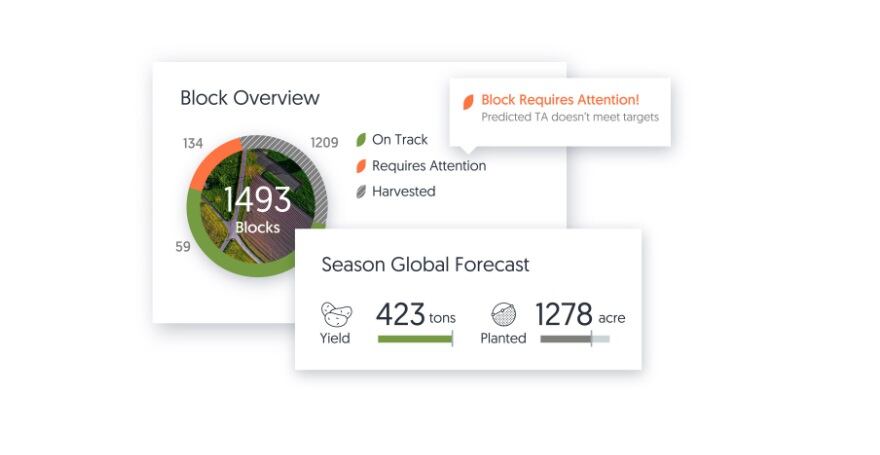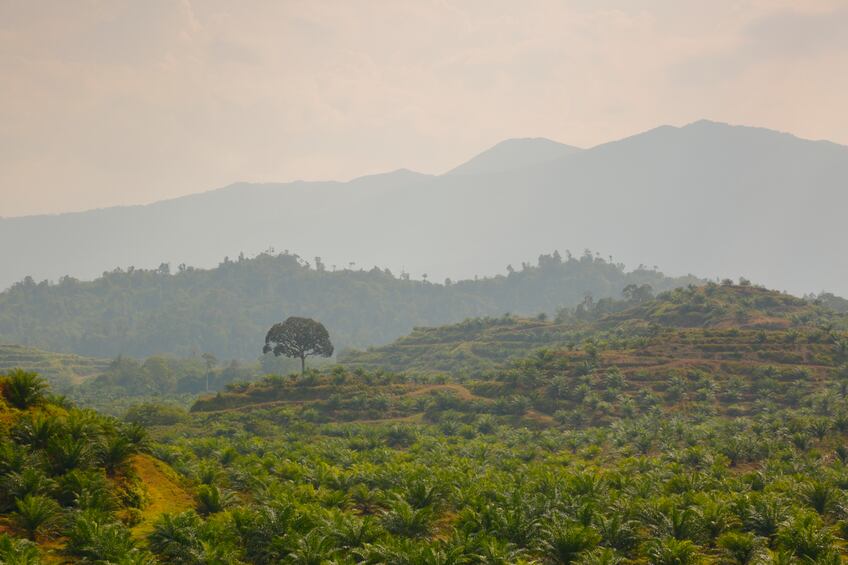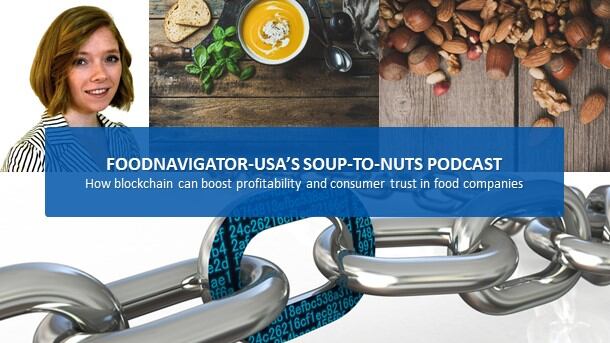“There is a big mismatch where agriculture meets industrial food production,” and it “results in a huge amount of waste and the food industry is having to invest a lot of time, money and energy to hedge supply and we all pay for it,” according to Ilay Englard, CEO and co-founder of Trellis.
He explained that the mismatch comes from food producers needing to know exactly when raw ingredients will be delivered and if they will meet quality standards at the right price and at the right time.
Unfortunately, he added, “agriculture is never on time. It is a biological system. It is chaotic. It is really impossible to predict.”
However, a new AI-powered system created by Trellis “can bring a new level of accuracy to crop prediction … much earlier in the season about not only quantity attributes, but also on crop quality attributes.”
It does this by using algorithms to analyze historical data from dozens of harvests in different geographies with different climate conditions, field variables and other data, such as how far apart seeds are spaced, when they are planted, when they are harvested, how they are fed and watered.
“To think a human being could take all these dozens of dimensions and variables and come up with an answer is complete madness. It is impossible. That is why the current learning cycle in the food system is so long. It is five to ten years,” Englard said.
“But with AI we can shorten that,” he added.
Trellis boosts potato chip manufacturers’ efficiency
For example, Trellis currently works with some of the largest potato chip producers in the world to improve the efficiency of growing potatoes and producing chips by better predicting the amount of dry matter in potatoes.
“The higher the dry matter, the better it is for the crisp factory because they are buying potatoes per ton, so if there is more water in the potato, they pay more” and it takes more resources to fry away the excess water, he explained. “Usually in a potato you have 80% water and 20% fiber,” but if the average amount of fiver is 21% the profitability of the chip factory increases 30%.
Given the extreme savings, the natural question is what drives dry matter and how can farmers consistently deliver higher fiber content?
“It is a very difficult question that even big companies who control the industry didn’t know because you have so many variables and fluctuations in the quality and quantity,” Englard said.
But with Trellis’ technology, he added, key variables that influence dry matter can be identified and better controlled – a theory that the company’s team proved during a three-month pilot with the largest potato chip producers.
“Their minds were blown after the three month pilot and they decided to work with us just because of that,” Englard said, noting that the while the company charges manufacturers for its services, it provides them to farmers for free. This model helped the young company grow 100% last year and placed it on track to double again this year.
By better predicting the output, Trellis can help farmers and manufacturers better plant and harvest the correct amount of a crop – reducing the risk of food waste and loss – as well as better use limited resources.
Trellis also uses its technology in the wine industry and is well suited for several other verticals as well, including coffee, barley for beer, wheat for pasta and fresh fruit for juice, he said.




